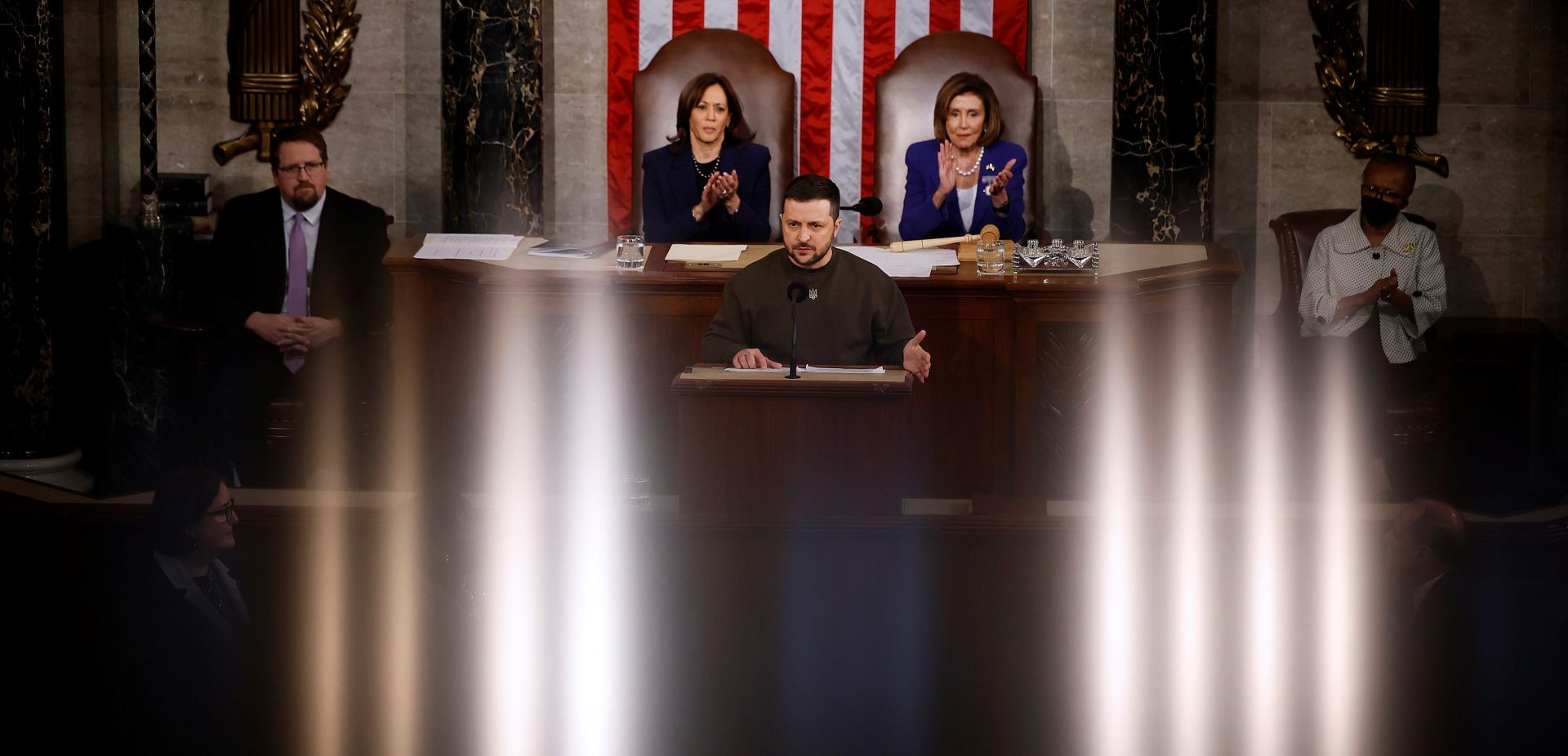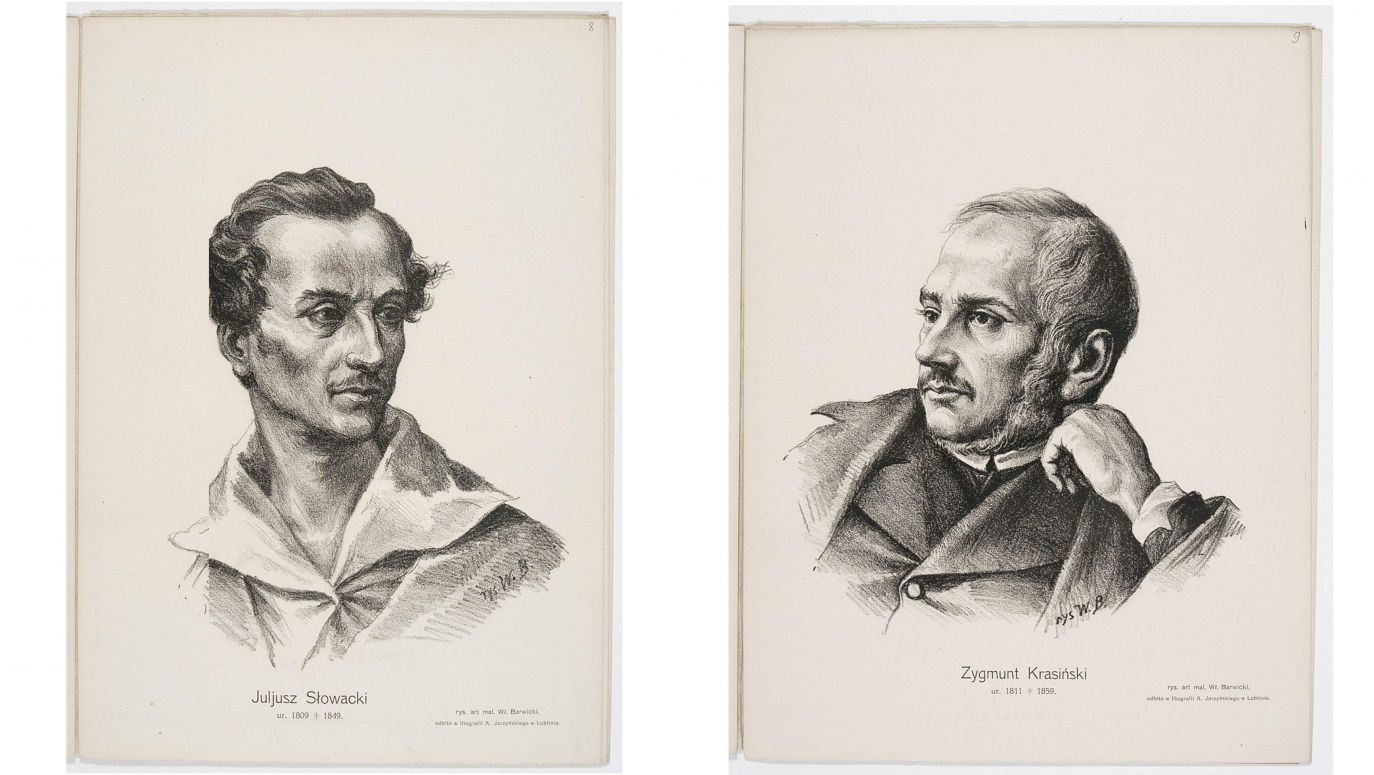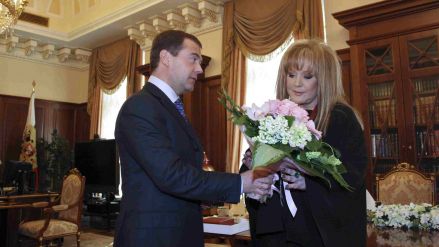The Year of Polish Romanticism is drawing to an end. Those passing 12 months were overwhelmingly a time of war waged by Russia against Ukraine. And it is worth noticing that in many respects the current situation of Ukrainians resembles what happened to Poles in the 19th Century. It is Ukraine’s sovereign political existence that is at stake in the confrontation with Russia.
Surely, Russia didn’t manage to do the same to Ukraine what three partitioning powers did to Poland towards the end of the 18th Century. The Ukrainian state “lasts” – also or maybe above all due to the help coming to it from the West. Whereas the Polish-Lithuanian Commonwealth was doomed to stand alone.
No wonder then that the November Uprising received no substantial support from any considerable power in Europe. It was even condemned by the pope Gregory XVI in the “Cum primum” encyclical letter from 1832 (though later on the bishop of Rome explained his stance by saying he feared that the tsar would start to persecute Catholic clergy in Polish lands).
 SIGN UP TO OUR PAGE
SIGN UP TO OUR PAGE

But there were also milieus in Europe which were well disposed towards the November Insurrection. Only that they hadn’t yet seize power in their country for good. One can mention here liberals or democratic movements. They stood against the Holy Alliance, i.e. the alliance of countries guarding the aristocratic order in Europe from all kinds of revolutionaries.
In this historical context Poland’s being alone in Europe became an important political motive in the work of Polish romantics. Not only verses, poems or dramas discussed in Poland as school readings prove this. One can also point out philosophical writings and epistolography left by the national bard.
For instance, the correspondence between Juliusz Słowacki and Zygmunt Krasiński is worthy of attention. Recently it has been published by Polski Instytut Wydawniczy as part of a great projects which is to be a twenty-volume “Complete works” edition of the first of the aforementioned poets.
Słowacki and Krasiński are commonly perceived as antagonists as to matters regarding social conflicts. However the letters they exchanged bear witness not only to their friendship but also to their experiencing the national captivity in a similar way. Thinking about the world’s history in apocalyptic categories was close to their hearts. They treated the lack of a Polish state as a collective passion experience.
Even though the time of Polish is a distant past, it has something common with the present. It is about a turning point resulting in reshaping the architecture of the world.
In 19th Century Europe these were nation-making processes (this thread also comes up in the Słowacki-Krasiński correspondence). The emergence of nations as modern, egalitarian communities made the feudal order come crushing down and induced democratization of societies. Gradually, groups of the broadly understood political Left joined the competition for power in Western countries. It was them to place emancipation demands on their banners.
One can assume that if the Holy Alliance with its suppressing all nationalism had lasted until the 21st Century, not only wouldn’t the Ukrainian state have been created but also there would be no Polish independence.
In turn we are dealing with a phenomenon of East-Central Europe – i.e. countries situated between Germany and Russia – winning political subjectivity. The powers that, over the course of history, have exercised hegemony over this part of the Old Continent are afraid of losing their position. And although nothing has been settled it may be that this exactly what is awaiting them.
No wonder then that The Polish-Ukrainian rapprochement causes anxiety in the salons of Berlin and Paris. German and Frnech political elites want to have it “as it was” meaning so that there comes back the possibility of making deals with Russia.

 SIGN UP TO OUR PAGE
SIGN UP TO OUR PAGE
 But there were also milieus in Europe which were well disposed towards the November Insurrection. Only that they hadn’t yet seize power in their country for good. One can mention here liberals or democratic movements. They stood against the Holy Alliance, i.e. the alliance of countries guarding the aristocratic order in Europe from all kinds of revolutionaries.
But there were also milieus in Europe which were well disposed towards the November Insurrection. Only that they hadn’t yet seize power in their country for good. One can mention here liberals or democratic movements. They stood against the Holy Alliance, i.e. the alliance of countries guarding the aristocratic order in Europe from all kinds of revolutionaries.





